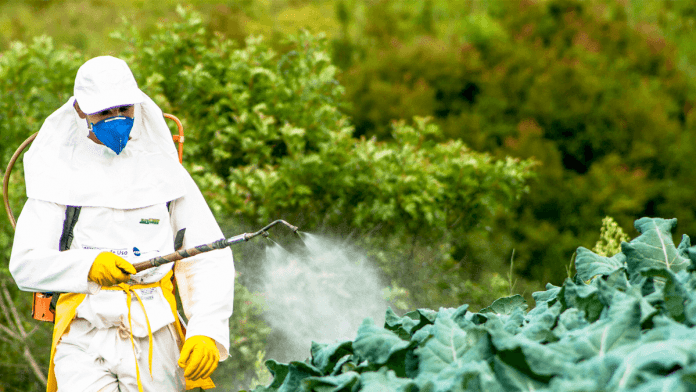News in Brief:
– The EU is introducing stricter guidelines on emergency pesticide use, emphasising that member states cannot grant temporary authorisations for prohibited substances.
– Despite a court ruling and the new guidelines, some countries continue to seek emergency authorisations for banned pesticides.
On May 22 and 23, the EU’s Standing Committee on Plants, Animals, Food and Feed (SCoPAFF) will discuss new guidelines that could tighten emergency pesticide use.
These rules follow a 2023 Court of Justice ruling, reinforcing the ban on bee-toxic neonicotinoids. Member states previously bypassed this ban by invoking emergency authorisations, but the new guidelines seek to eliminate these loopholes.
Farmers, particularly small-scale ones, may face significant challenges under these stricter regulations. For years, emergency authorisations allowed the use of neonicotinoids when pest infestations threatened crops. Without these chemicals, many farmers might struggle to protect their yields.
A report spotlighted Romania, which repeatedly authorised the use of bee-toxic imidacloprid, most recently in January. For Romanian farmers, and those in countries like Spain and Greece, the absence of effective alternatives could mean severe crop losses.
The new guidelines emphasise that emergency authorisations should only be granted after a thorough assessment proves no other options exist. This puts a heavy burden on applicants—farmers, cooperatives, or local governments—who must demonstrate the necessity of using restricted substances.
Despite the intent to tighten control, loopholes will persist. The EU’s guidelines focus on explicitly banned substances, meaning non-approved pesticides could still be used if justified. This is crucial as the approval process for new pest control products can be lengthy. For example, France recently authorised a biocontrol product to repel aphids from sugar beet crops, highlighting the need for flexibility in pest management.
While the EU aims to protect health and the environment, it must balance this with the practical needs of farmers. Ensuring crop protection without harming pollinators is vital, but farmers need accessible and effective tools.



